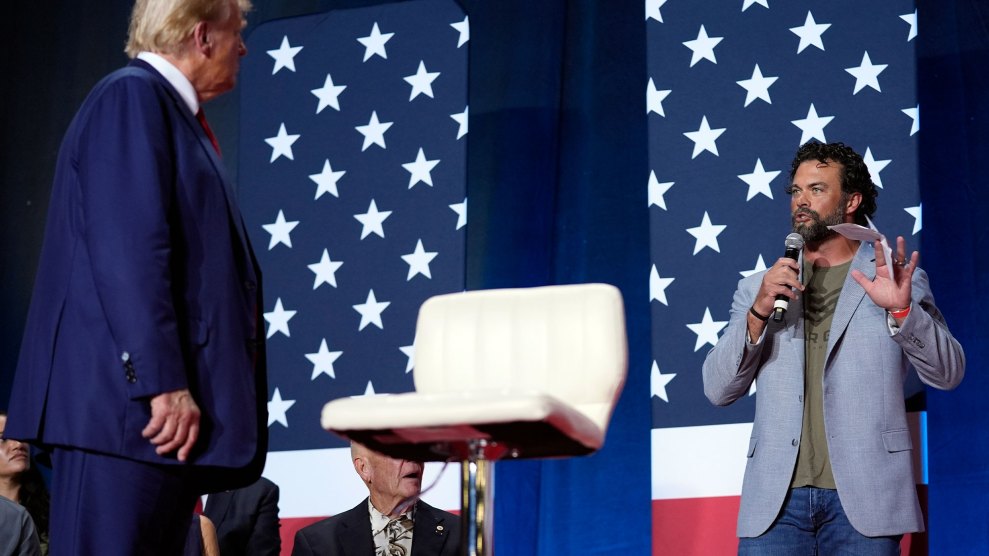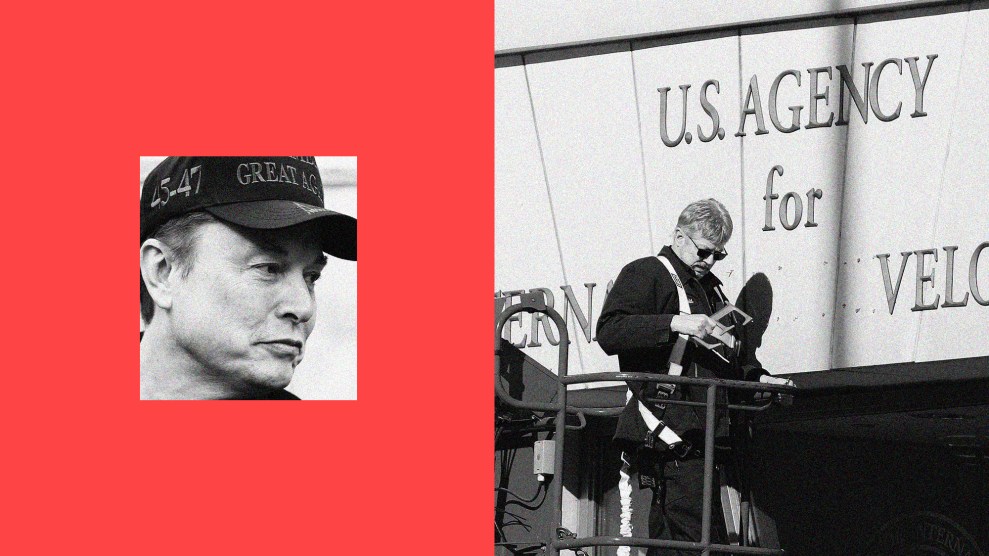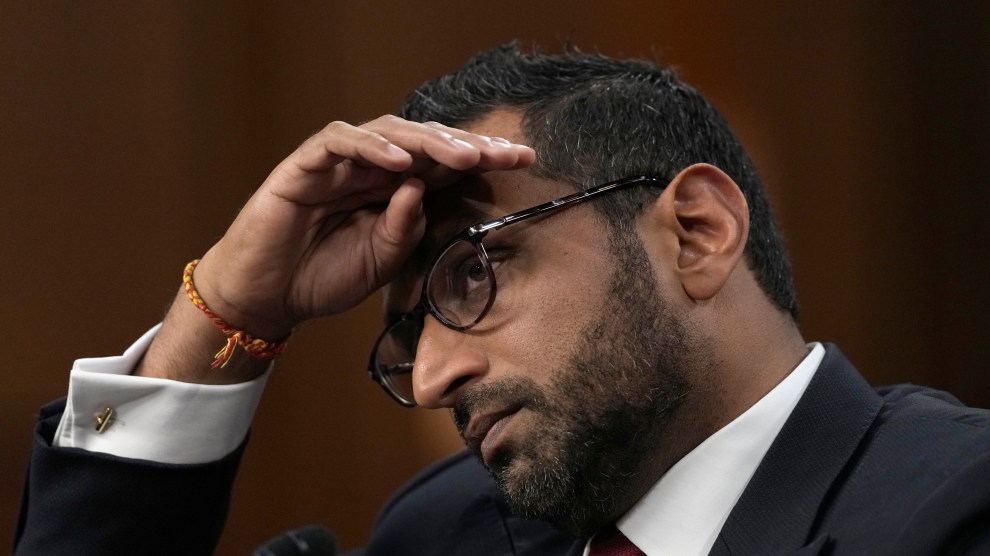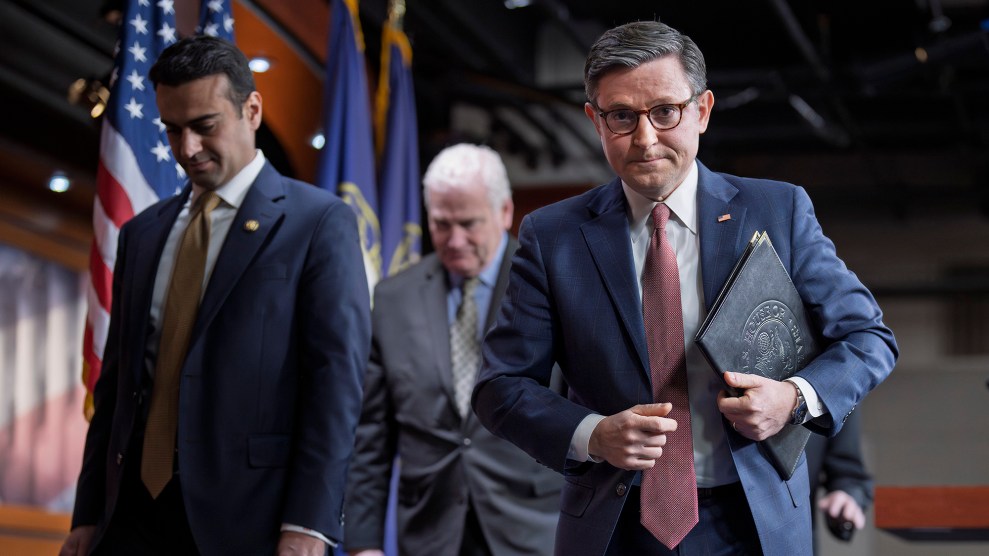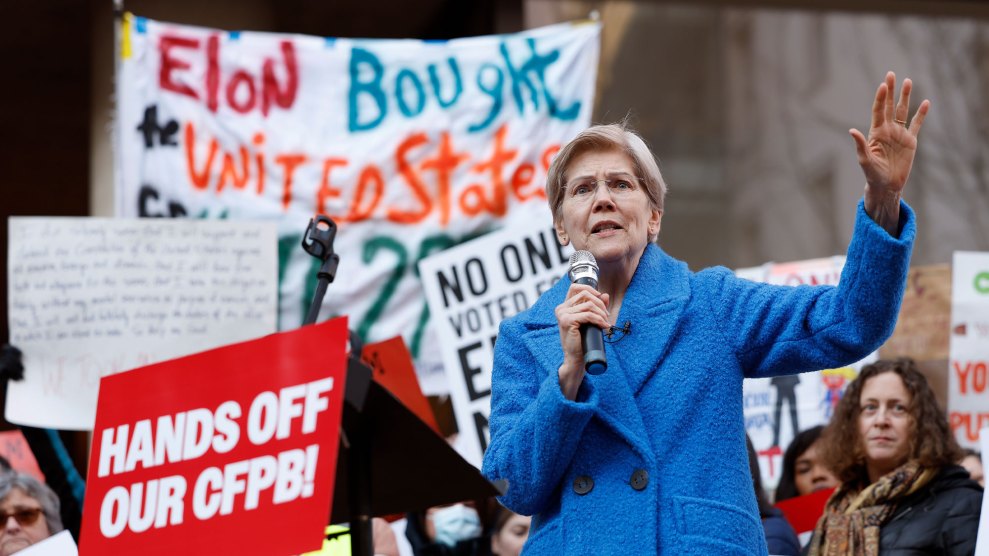Jack Goldsmith is an unlikely Bush White House antagonist. The conservative former University of Chicago legal scholar argued with John Yoo for the U.S. to exempt itself from international law and treaties, including those dealing with war crimes. So no one was surprised when in 2003 he was appointed to head the Justice Department’s Office of Legal Counsel, the department’s chief legal policy shop. But when Goldmsith got inside, he got a good look at how nuts — and from a legal perspective, intellectually bankrupt — it all was. From a forthcoming New York Times magazine profile of Goldsmith:
Several hours after Goldsmith was sworn in, on Oct. 6, 2003, he recalls that he received a phone call from Gonzales: the White House needed to know as soon as possible whether the Fourth Geneva Convention, which describes protections that explicitly cover civilians in war zones like Iraq, also covered insurgents and terrorists. After several days of study, Goldsmith agreed with lawyers in several other federal agencies, who had concluded that the convention applied to all Iraqi civilians, including terrorists and insurgents. In a meeting with Ashcroft, Goldsmith explained his analysis, which Ashcroft accepted. Later, Goldsmith drove from the Justice Department to the White House for a meeting with Gonzales and Addington. Goldsmith remembers his deputy Patrick Philbin turning to him in the car and saying: “They’re going to be really mad. They’re not going to understand our decision. They’ve never been told no.” (Philbin declined to discuss the conversation.)
In his book, Goldsmith describes Addington as the “biggest presence in the room — a large man with large glasses and an imposing salt-and-pepper beard” who was “known throughout the bureaucracy as the best-informed, savviest and most conservative lawyer in the administration, someone who spoke for and acted with the full backing of the powerful vice president, and someone who crushed bureaucratic opponents.” When Goldsmith presented his analysis of the Geneva Conventions at the White House, Addington, according to Goldsmith, became livid. “The president has already decided that terrorists do not receive Geneva Convention protections,” Addington replied angrily, according to Goldsmith. “You cannot question his decision.” (Addington declined to comment on this and other details concerning him in this article.)
Goldsmith then explained that he agreed with the president’s determination that detainees from Al Qaeda and the Taliban weren’t protected under the Third Geneva Convention, which concerns the treatment of prisoners of war, but that different protections were at issue with the Fourth Geneva Convention, which concerns civilians. Addington, Goldsmith says, was not persuaded. (Goldsmith told me that he has checked his recollections of this and other meetings with at least one other participant or with someone to whom he described the meetings soon after.)
Months later, when Goldsmith tried to question another presidential decision, Addington expressed his views even more pointedly. “If you rule that way,” Addington exclaimed in disgust, Goldsmith recalls, “the blood of the hundred thousand people who die in the next attack will be on your hands.”
Goldsmith describes Addington’s judgment as “crazy” if well meaning. Presumably lots of fodder in Goldsmith’s soon to be released book, The Terror Presidency, for upcoming Congressional hearings.

